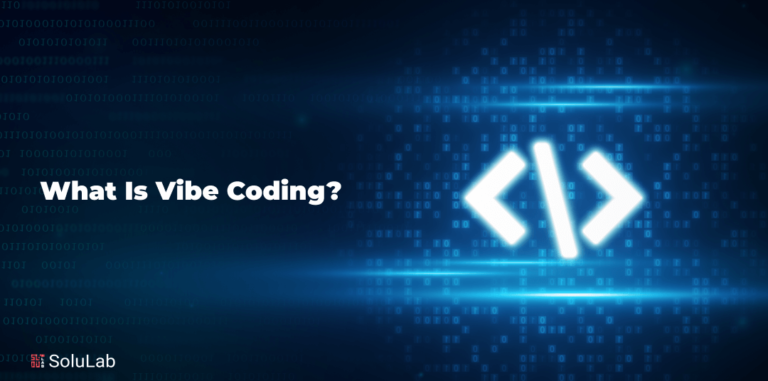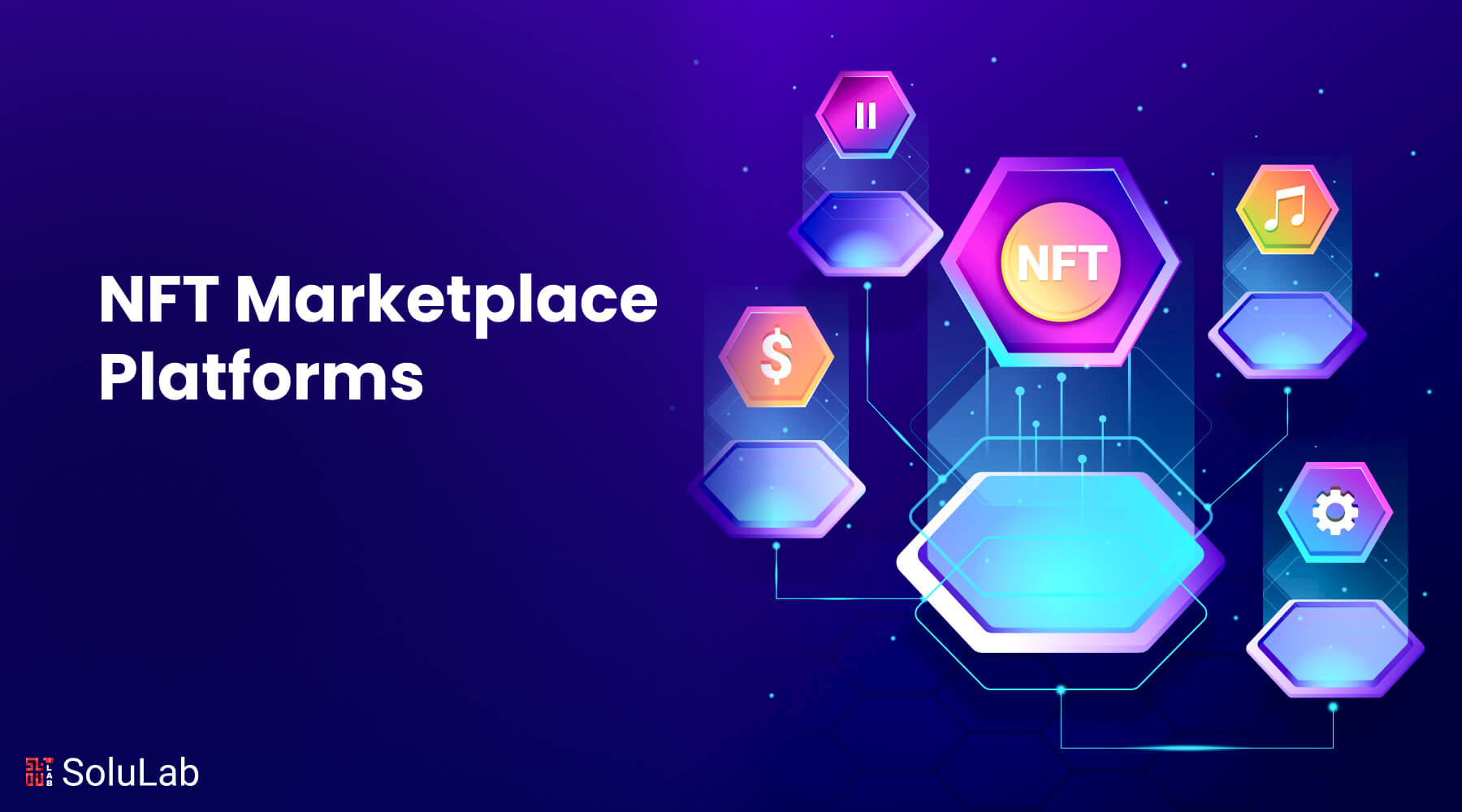
With the NFT market evolving at a gradual pace, finding the right marketplace is more important than ever. New platforms are emerging, established ones are upgrading, and competition is driving better features, lower fees, and enhanced security. But which NFT marketplaces truly stand out in 2025?
Whether you’re an artist, collector, or investor, choosing the right platform can impact your profits and overall experience. In this guide, we’ll break down the top NFT marketplaces of the year, helping you navigate the best options for trading digital assets.
1. OpenSea
2. Rarible
3. Magic Eden
4. Blur
5. CryptoPunks
6. Mintable
7. SuperRare
8. Foundation
9. AtomicMarket
10. Binance NFT
Let’s dive in!
Emerging Trends of NFT Marketplaces
In 2025, the landscape of NFT marketplaces has evolved dramatically, presenting a diverse array of platforms for buying, selling, and trading digital assets. Among the prominent players, SuperRare, OpenSea, and Rarible stand out for their exceptional offerings and user-friendly interfaces. These platforms cater to a wide spectrum of digital assets, encompassing digital art, collectibles, and virtual real estate. As a result, they have become preferred destinations for NFT enthusiasts.
Key trends shaping the NFT marketplace in 2025 include:
- Metaverse Integration: Seamless connection with virtual worlds, enabling immersive experiences in the best NFT marketplaces.
- Social Tokenization: Creation of community-driven value and engagement through NFT marketplaces.
- Utility NFTs: NFTs that extend beyond art, offering real-world utility and benefits within the best NFT marketplace platforms.
- Environmental Sustainability: A shift towards eco-friendly blockchain solutions within NFT marketplaces to mitigate carbon footprints.
Furthermore, the NFT marketplace is characterized by:
- Royalty Structures: Leveraging smart contracts for fair creator compensation in the best NFT marketplaces.
- Cross-Platform Integration: Expanding reach by connecting with social media, gaming, and VR platforms within NFT marketplaces.
- Community Engagement: Events and collaborations to foster a vibrant ecosystem in the best NFT marketplace platforms.
- Enhanced Security Measures: Advanced solutions for fraud prevention and transaction integrity in the best NFT marketplaces.
These developments reflect the NFT marketplace’s commitment to innovation, inclusivity, and sustainability, ensuring a robust and dynamic ecosystem for both creators and collectors.
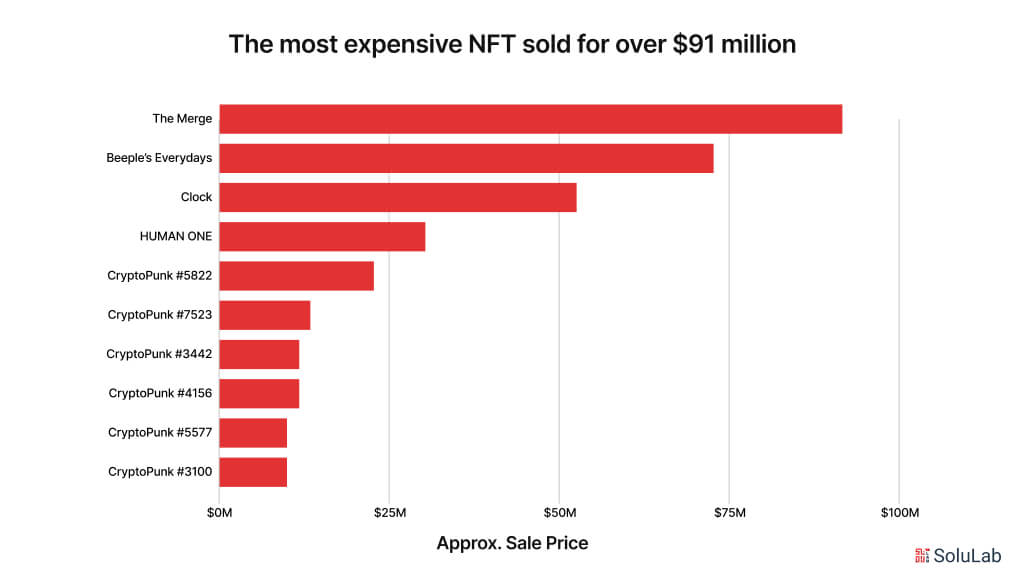
How Do NFT Marketplaces Work?
NFT marketplaces are digital platforms where users can buy, sell, and trade unique digital assets, such as art, collectibles, and virtual real estate. Here’s a step-by-step breakdown of how they work:
1. Set Up a Wallet: To start with, users need to choose a compatible digital wallet to store NFTs and cryptocurrency.
2. Fund Your Wallet: Users must add cryptocurrency to their wallet to cover the cost of NFTs and any associated transaction fees
3. Select a Marketplace: With many options available, users should select a marketplace that suits their needs based on features, fees, and blockchain support.
4. Buy NFTs: Marketplaces allow users to explore various NFT collections, filter by category, and review details before purchasing.
5. Mint & Sell: Creators can upload digital content, set metadata, and mint NFTs directly on supported marketplaces.
6. Trade & Manage: Once purchased, NFTs can be held, resold, or even used in metaverse environments and blockchain games.
As we enter 2025, for NFT marketplaces we can expect enhanced security, better blockchain interoperability, and more seamless user experiences, making NFT trading easier and more accessible than ever.
Here are some Best NFT Marketplace Platforms in 2025

1. Rarible
Rarible is a community-driven NFT marketplace so it stands out with its decentralized governance model, where RARI token holders influence platform decisions. It supports Ethereum, Tezos, and Flow blockchains, allowing artists to create, buy, and sell NFTs with ease. Rarible is known for its strong focus on creator royalties and community engagement. The marketplace supports a wide variety of NFTs, including digital art, music, virtual goods, and more. Additionally, the platform's decentralized nature provides increased security and autonomy, which appeals to users who value control and transparency. Rarible is solidifying its standing as a leading option in the NFT ecosystem with its increasing popularity.

2. OpenSea
OpenSea is considered the largest and most versatile NFT marketplace. As one of the top NFT marketplaces, it offers a P2P platform that enables direct interactions between buyers and sellers, facilitating frictionless NFT transactions through non-custodial wallets. Compatible with multiple blockchains, it prioritizes security through its verification process. OpenSea caters to a wide range of users, from digital artists to blockchain game developers. Its partnerships with big brands namely Adidas and Disney reflect its potential as a top marketplace. It is a go-to choice for both beginners and experienced traders.

3. Blur
Blur has emerged as a prominent player in the NFT marketplace, attracting traders and collectors with its innovative features. It caters to advanced NFT traders with real-time data, batch sweeping, and zero marketplace fees. It has quickly become the preferred platform for high-volume traders and collectors looking for fast execution and deep liquidity. Its incentive-based trading model makes it stand out in the competitive NFT market. Blur's exclusive use of the Ethereum network ensures higher gas fees but provides unmatched tools and insights for NFT enthusiasts, reinforcing its status as one of the best NFT platforms for advanced traders.

4. Magic Eden
Magic Eden has established itself as the premier NFT marketplace for the Solana blockchain, offering fast transactions with low fees. It also supports Ethereum and Bitcoin Ordinals, making it a versatile platform for NFT enthusiasts. The marketplace is known for its strong gaming and metaverse integrations. Its user-friendly interface and features cater to the needs of both beginners and experienced traders. The platform caters to digital art, gaming assets, and collectibles. It has become a popular choice for creators and collectors looking for cost-efficient NFT trading.

5. Superrare
SuperRare another leading NFT marketplace platform specializes in crypto art, offering a unique platform for viewing and experiencing digital artworks. As part of the nft marketplace list, it focuses on high-quality, curated digital art, offering exclusive, limited-edition pieces from renowned artists. It operates more like a digital art gallery, emphasizing scarcity, originality, and artist royalties. Collectors seeking premium artwork prefer this Ethereum-based platform. In the environmentally conscious NFT sector, SuperRare stands out as a significant participant by emphasizing the finest and rare artwork and making a commitment to sustainability.
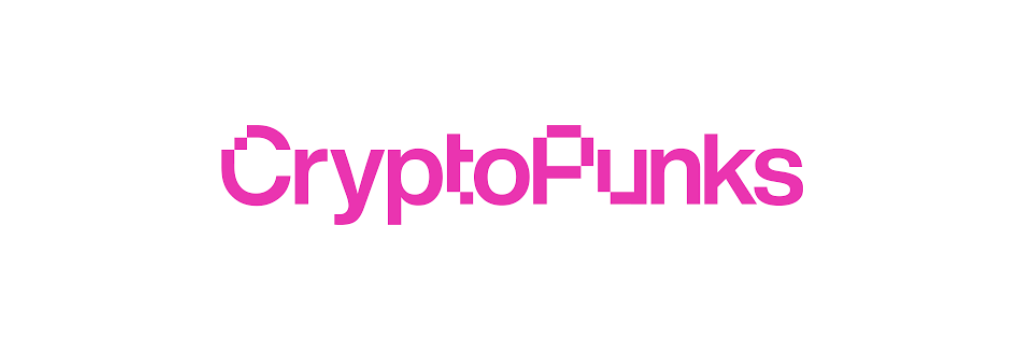
6. CryptoPunks
CryptoPunks, originally launched by Larva Labs and now owned by Yuga Labs, is one of the most iconic NFT collections. It is often considered as the “birth of NFTs.” While it isn’t a traditional marketplace, its exclusive marketplace allows verified sales and trades of these highly valuable pixel-art characters, making it a go-to destination for high-end collectors. Each of the 10,000 pixelated figures in the collection has distinctive characteristics, including various hairstyles, outfits, and accessories. These rare objects have acquired cultural significance and grown to be highly valuable digital assets.

7. Mintable
Mintable simplifies NFT creation and trading, making it accessible for beginners. It supports gas-free minting on Ethereum and offers an intuitive interface for buying and selling NFTs. With strong backing from Mark Cuban, Mintable is positioned as a user-friendly marketplace for digital creators. This platform allows for the creation of gasless, printable, transaction-based, and open-biddable NFTs. Users of Mintable can exchange NFTs in a variety of categories, including digital art, photography, games, videos, and domain names.
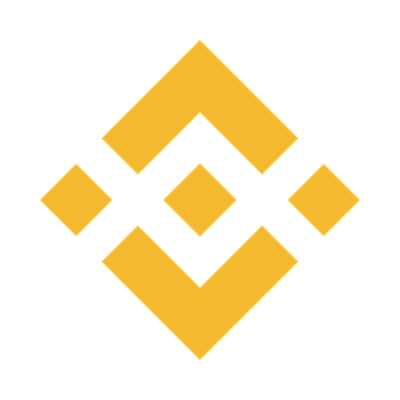
8. Binance NFT
Binance is a popular cryptocurrency exchange platform that now supports trading and holding NFTs, including digital artwork and collectibles. It also permits listing and trading Mystery Boxes containing mystery NFTs on its NFT marketplace platforms. Binance NFT provides limited edition gaming NFTs through its gaming NFT trading platform. Creators receive 1% royalties on future sales, and users can place bids in auctions or make offers to vendors. It is suitable for frequent and sporadic NFT traders, collectors, artists, and those interested in NFT branding, among the different NFT marketplaces available today.
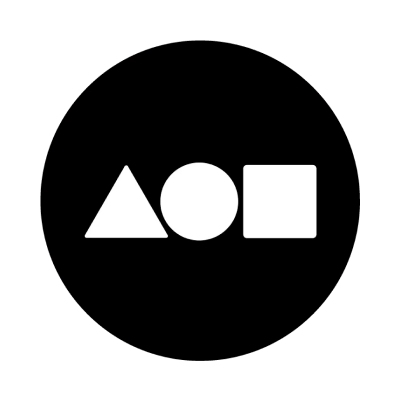
9. Foundation
Foundation is a creator-centric NFT marketplace platform that uses an invite-only model, ensuring a high standard of content. It supports various payment methods, including credit/debit cards, PayPal, and direct fiat purchases, as well as cryptocurrencies like Ethereum. It is designed for digital artists and creators looking for a direct and decentralized way to sell their work. One of the key features is auctions of NFTs, giving artists more control over pricing and sales. This whole setup assures that only the best and most genuine talent can join in. This curated model offers users a polished, top-notch experience that’s setting the benchmark for NFT marketplaces.
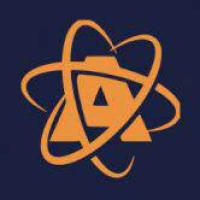
10. AtomicMarket
AtomiMarket is a top marketplace for NFTs on the WAX blockchain, known for gaming-related assets, digital collectibles, and environmentally friendly transactions. It’s widely used for play-to-earn (P2E) games and trading digital goods in a cost-effective manner. It operates as a shared liquidity marketplace, meaning that listings are shared across multiple platforms, increasing visibility and trading opportunities for NFT sellers and buyers. It is a seamless marketplace for in-game assets, virtual items, and branded NFTs from projects like Alien Worlds, Farmers World, and more.

Conclusion
Whether you’re an artist, collector, or investor, choosing from the top NFT marketplaces ensures you have access to a reliable, user-friendly platform that aligns with your goals. This list of NFT marketplaces has provided insights into the best NFT platforms available in 2025, each offering unique features and opportunities for growth.
As you explore different NFT marketplaces, consider the factors that matter most to you—such as user experience, fees, and community engagement—when selecting from the best NFT trading platforms. Xinfin NFT Marketplace is an example of such a thriving NFT marketplace crafted by the experts at SoluLab. The platform is powered by the hybrid blockchain of Xinfin itself and offers a feature-packed solution.
With the right NFT marketplace platform, you can maximize your potential in this dynamic digital ecosystem. For businesses and entrepreneurs looking to create their own NFT marketplace platform, SoluLab stands out as a leading provider of NFT marketplace development services. Partner with SoluLab to join the list of the top NFT marketplace platforms in 2025!
FAQs
1. What is an NFT marketplace?
An NFT marketplace is a digital platform where users can buy, sell, and trade non-fungible tokens (NFTs). These marketplaces support various types of NFTs, including digital art, collectibles, music, and virtual real estate, providing a secure environment for transactions.
2. How do I choose the best NFT marketplace?
To find the best NFT marketplace, consider factors such as user experience, transaction fees, the type of NFTs offered, and community engagement. Researching a list of NFT marketplaces and comparing the features of each can help you make an informed decision.
3. What are the top NFT marketplaces in 2025?
The top NFT marketplaces in 2025 include platforms that offer a wide range of NFTs, have a strong user base, and provide robust security features. This nft marketplace list highlights the leading platforms that cater to different needs, from art and collectibles to virtual worlds.
4. What should I consider during NFT marketplace development?
When embarking on NFT marketplace development, it’s important to consider factors such as the integration of blockchain technology, ease of use, security features, and scalability. Partnering with an experienced provider for nft marketplace platform development can ensure a successful launch.
5. Are there different NFT marketplaces for specific types of NFTs?
Yes, there are different NFT marketplaces that specialize in specific types of NFTs, such as digital art, music, or gaming assets. Understanding your needs and researching the top NFT platforms can help you find a reliable NFT marketplace tailored to your interests.
6. What makes a reliable NFT marketplace?
A reliable NFT marketplace offers strong security measures, a user-friendly interface, transparent fees, and active community support. Evaluating these aspects across the best NFT platforms will help ensure you’re using a trustworthy platform.
7. How can I stay updated on the best NFT marketplaces?
Staying informed about the best NFT marketplaces involves regularly checking industry news, following updates from leading NFT marketplace platforms, and participating in community discussions. This ensures you’re aware of the latest trends and top NFT marketplace platforms in the evolving NFT space.



